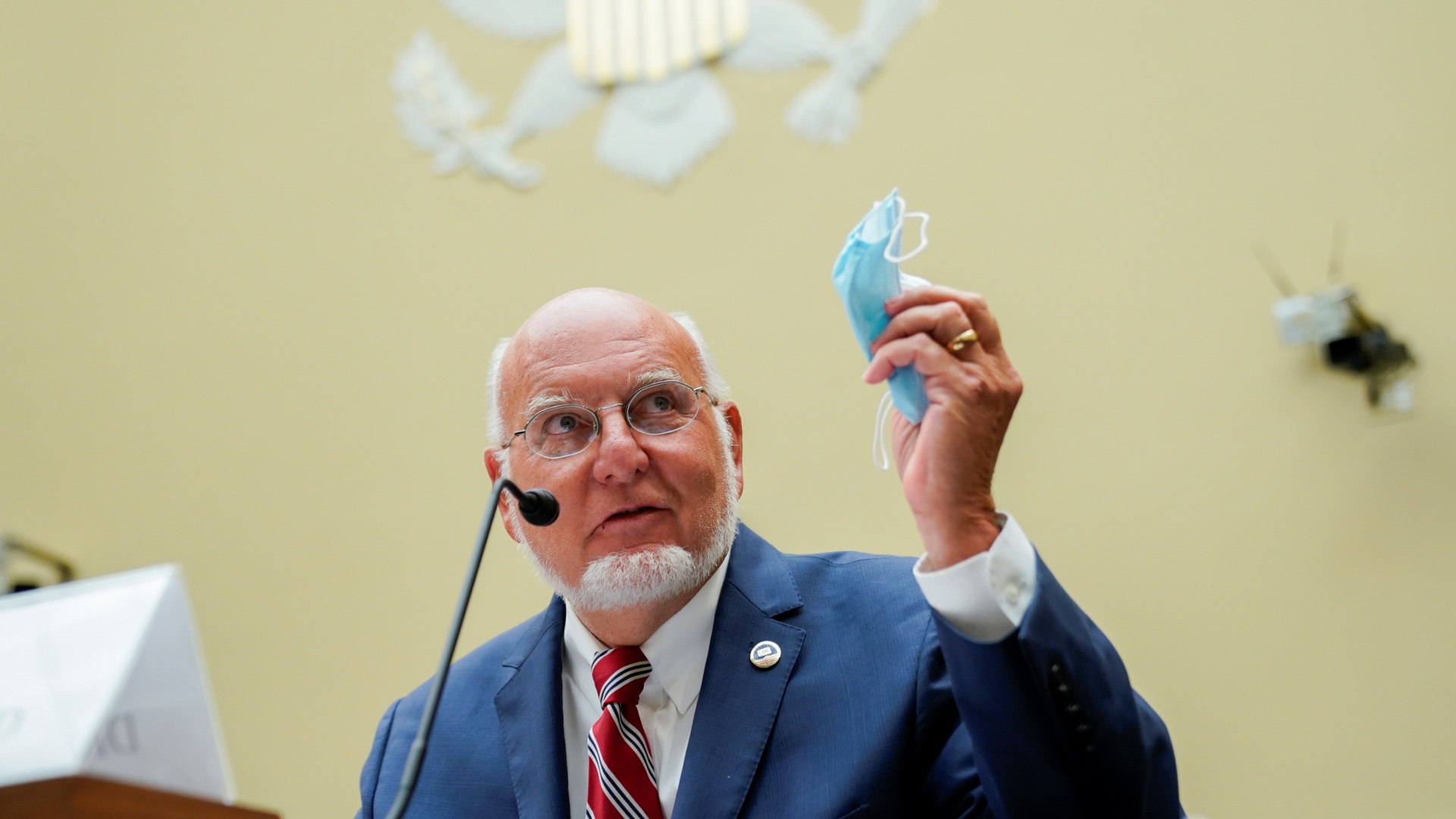CDC Discontinues 14 Day Quarantine For Travelers: Travelers returning from a trip outside the country or their state no longer face recommendations from the Centers for Disease Control and Prevention to self-quarantine for 14 days upon return.
The CDC updated its travel requirements online Friday, advising travelers to “follow state, territorial, tribal and local recommendations or requirements after travel.”
RELATED: Face Shields Or Face Masks Which Is Better
Previous guidelines recommended a 14-day quarantine for those returning from international destinations or areas with a high concentration of coronavirus cases.
Though it still notes that those exposed to the coronavirus pose a risk of infecting others for 14 days, the CDC’s page on traveling amid the pandemic recommends that travelers, “regardless of where you traveled or what you did during your trip,” follow social distancing guidelines indoors and outdoors, wear a mask outside the home, wash hands often and look out for COVID-19 symptoms upon their return home.
“You may have been exposed to COVID-19 on your travels,” the page reads. “You may feel well and not have any symptoms, but you can be contagious without symptoms and spread the virus to others.
You and your travel companions (including children) pose a risk to your family, friends and community for 14 days after you were exposed to the virus.”
Individual states have a mix of quarantine requirements and recommendations for visitors and residents returning from travels overseas and from other states.
Some discourage interstate travel by requiring or recommending that visitors and residents returning from other states quarantine; others require a recent negative COVID-19 test in lieu of a blanket quarantine policy.
Anyone looking to go on a road trip or take a summer vacation should check government websites for their destination and anywhere they plan to stop overnight.
Considerations for Types of Travel
Travel increases your chances of getting and spreading COVID-19.
Your chances of getting COVID-19 while traveling also depend on whether you and those around you take steps to protect yourself and others, such as wearing masks and staying 6 feet away from people outside your household (social distancing).
Airports, bus stations, train stations, and rest stops are all places travelers can be exposed to the virus in the air and on surfaces.
These are also places where it can be hard to social distance. In general, the longer you are around a person with COVID-19, the more likely you are to get infected.






